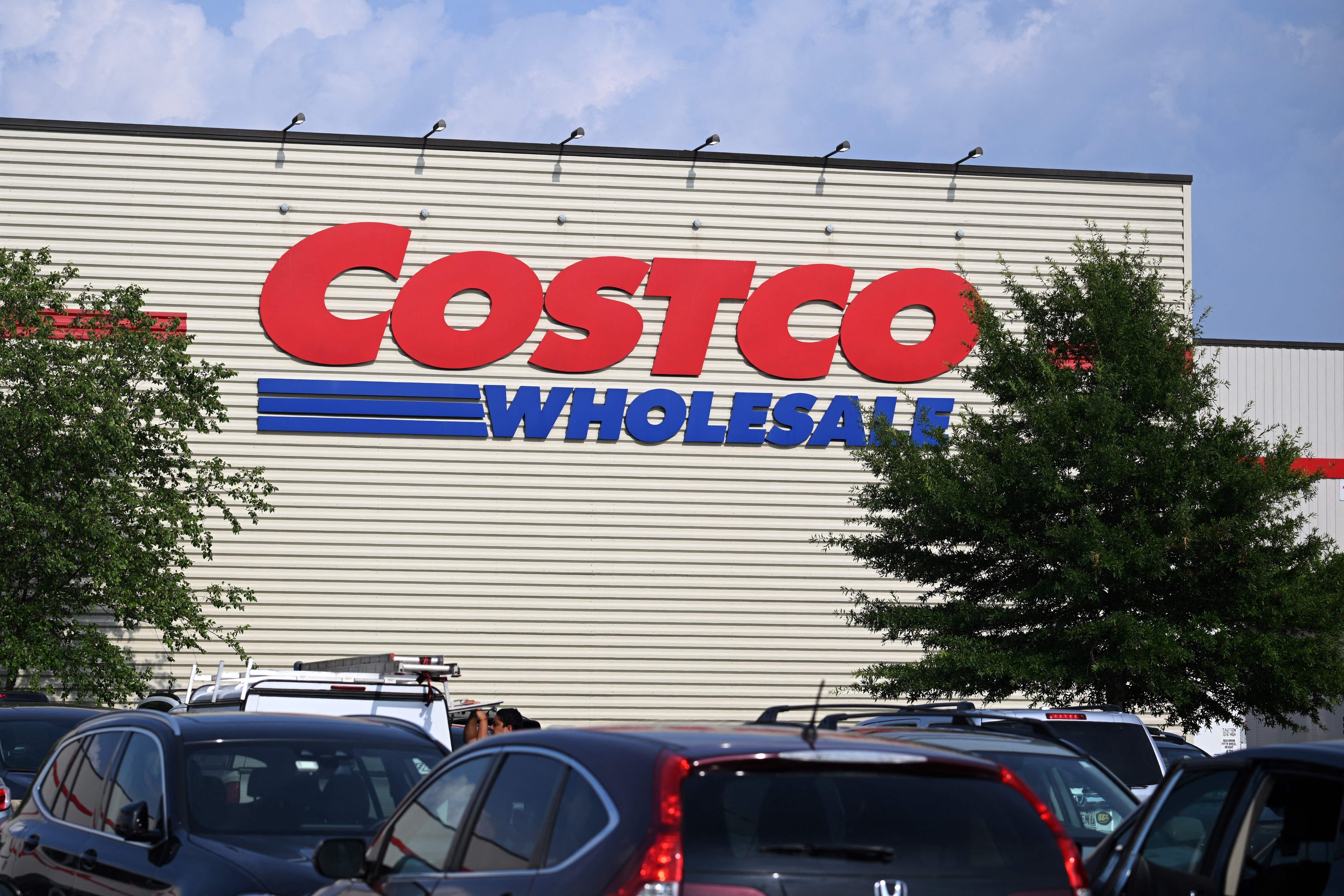Risk can mean different things to different people. For some investors, it's simply the likelihood that a stock purchase will decrease in value. There's a reason why "don't lose money" is Warren Buffett's No. 1 rule. The loss of capital hurts returns, mainly by removing the chance that cash had to compound over the long term.
Other investors equate risk with volatility, since a stock that posts wild price swings might not be a reliable source of funds that you can tap when you're looking to sell.
Whichever way you define risk, your goal is likely the same: To minimize it without sacrificing the potential for solid returns. With that in mind, let's look at a few stocks that are ideal for more conservative investors.
McDonald's
The restaurant business is famous for generating bankruptcies due to its high fixed costs and low profit margins. But with over 36,000 locations -- and decades of market leadership under its belt -- it's safe to say that McDonald's (MCD +0.87%) has found an approach that works.

Image source: Getty Images.
The fast-food titan is just emerging from an unusually difficult operating stretch. Customer traffic declined for nearly three consecutive years beginning in 2013, and the slump hurt both sales and profits. Yet Mickey D's logged impressive financial results through these hard times. In fiscal 2016, it converted $4.2 billion, or 90%, of its earnings into free cash flow. Management directed a large chunk of that cash toward dividends and stock repurchases, which helped lift shareholder returns.
McDonald's operating trends are improving today. Customer traffic is rising and the fast food giant is winning back lost market share. At the same time, shareholders can count on a long-term boost in profitability to supercharge earnings growth during the expansion -- while protecting investor returns in those inevitable down years.
Colgate-Palmolive
Large tech companies aim to produce services and devices that millions of people use daily. Unfortunately, the lightning-fast pace of change in the industry always threatens to turn last year's leading brand into a faint memory this year.

Image source: Getty Images.
Colgate-Palmolive (CL +0.61%) doesn't have that problem. As of late October, the consumer products giant dominated the market for toothpaste and toothbrushes just as it has for years. It was responsible for a whopping 44% of worldwide sales of toothpaste and 33% of the toothbrush market in the fiscal third quarter.
Weak industry conditions have knocked Colgate-Palmolive off its long-term target of between 4% and 7% organic growth. The company is still expecting to increase sales in fiscal 2017, though, even as rising prices help profitability reach new highs. That predictable, steady operating improvement helps explain why shares closely tracked the market last year while delivering income investors a solid dividend payment as well.
Costco Wholesale
Like most retailers, Costco Wholesale's (COST 0.15%) business took a hit during the recession that impacted the economy about a decade ago. Comparable-store sales dropped 4% in fiscal 2009, compared to an 8% increase in the prior year. However, the warehouse giant's earnings growth barely missed a beat during that difficult time. Net income dipped just slightly, to $1.8 billion from $2 billion the year before. By fiscal 2010, earnings were up to $2.2 billion.
Spot the recession? COST Net Income (TTM) data by YCharts.
Shareholders can thank Costco's annual subscription fees for that market-thumping performance. Since the company generates most of its income from membership dues rather than product markups, its earnings are far less volatile than rivals'. Its gross profit margin is already close to zero, after all, so there's little risk that profits will dive, as they have recently for Kroger, for example, during a pricing war. This stability is a key way that Costco earns its premium stock valuation, year after year.
With many stocks setting profit records these days, it's tempting to focus only on the potential for more gains ahead. But you can lower your portfolio's risk by choosing businesses, like Costco, that perform well regardless of their industry conditions.







